The NCAA is moving forward with a plan to allow college athletes to earn money for endorsements and a host of other activities involving personal appearances and social media.
The NCAA announced Wednesday that its Board of Governors supports a plan that gives athletes the ability to cash in on their names, images and likenesses as never before and without involvement from the association, schools or conferences.
Ohio State President and board chairman Michael Drake called it an “unprecedented” move by the NCAA.
The next step is for membership to draft legislation by Oct. 30. A formal vote will be taken by schools at the next convention in January and new rules will go into effect no later than the 2021-22 academic year.
“NCAA membership schools have embraced very real change,” NCAA President Emmert said in a conference call with reporters Wednesday.
The nation’s largest governing body for college sports said it will still seek a federal law to keep individual states from passing their owns laws on compensation for college athletes.
The board on Monday and Tuesday reviewed detailed recommendations put forth by a working group led by Ohio State athletic director Gene Smith and Big East Commissioner Val Ackerman. The recommendations took an aggressive approach, opening the door for athletes to make money on everything from autograph signings and memorabilia sales to signing endorsement deals with companies large and small.
College athletes will not be allowed to use their schools’ logos or markings in any sponsorship deals, but they will be permitted to use agent representation in making any deals.
Smith said there will be “guardrails” in place to ensure athletes are being compensated at an appropriate rate for their services and there will be consequences for athletes who do not meet disclosure requirements.
Payments to athletes will not be permitted to be used as recruiting inducements to high school athletes.
The need for change was sped up by pressure from state lawmakers. California was first to pass a bill into law that would make it illegal for NCAA schools to prohibit college athletes from making money on endorsements, social media advertising and other activities tied to name, image and likeness.
Dozens of states have followed California’s lead, some more aggressively than others. California’s law does not go into effect until 2023 while a Florida bill awaiting the governor’s signature would go into effect July 2021.
“It’s clear we need Congress’ help in all of this,” Emmert said.
NCAA leaders have already been engaged with federal lawmakers.
The working group was put together about a year ago, but its work kicked into high gear since the NCAA convention in January.
Related Stories
‹
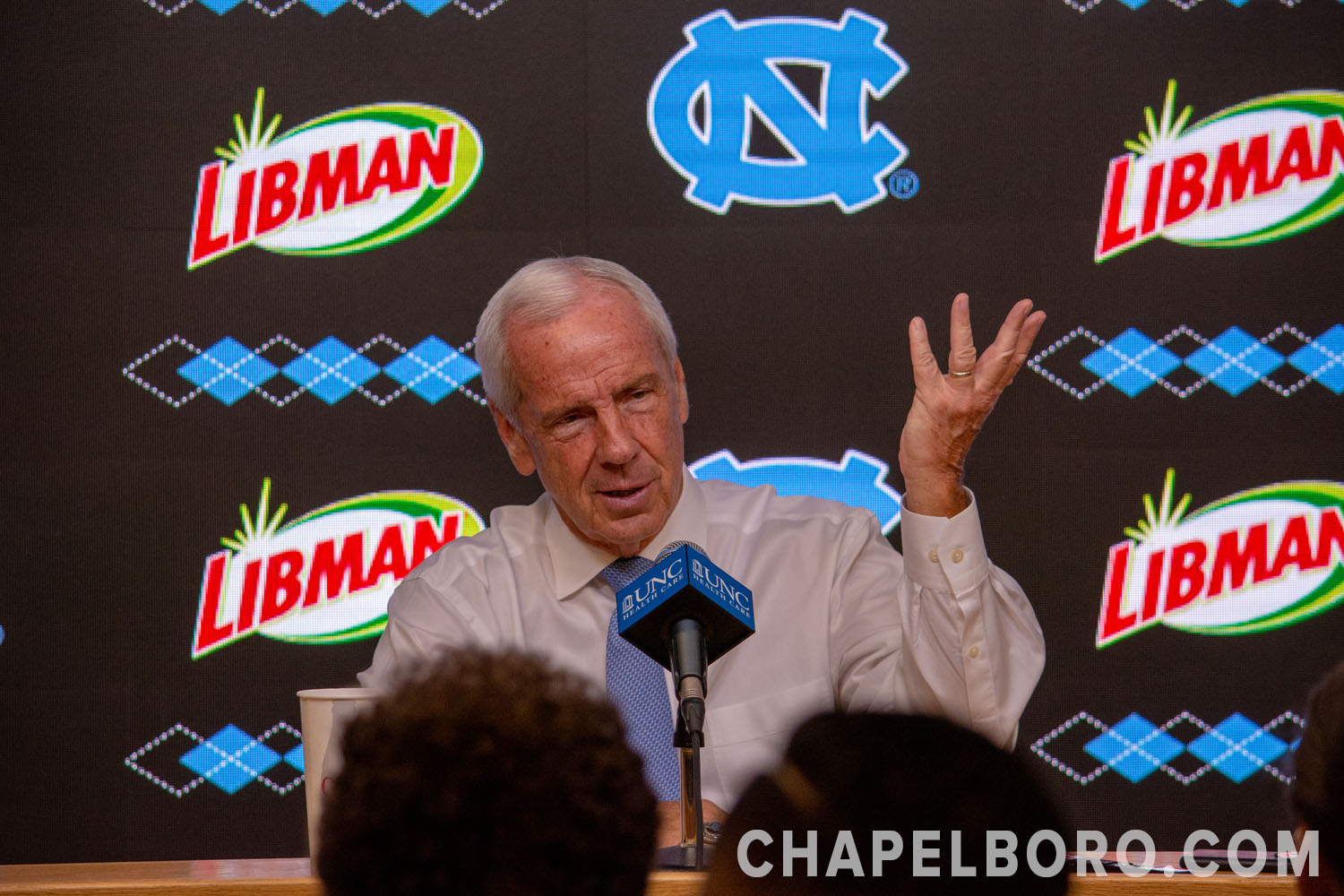
Roy Williams on California Student-Athlete Compensation Law: 'It's Dadgum Complicated'When asked about California’s Senate Bill 206, UNC head coach Roy Williams evoked a phrase said often by the hall-of-famer. “I have no idea,” he said. “It’s dadgum complicated, and it’s going to be coming in 2023. Hell, I hope I’m alive in 2023; I hope I’m still teeing it up.” Williams is right: it […]
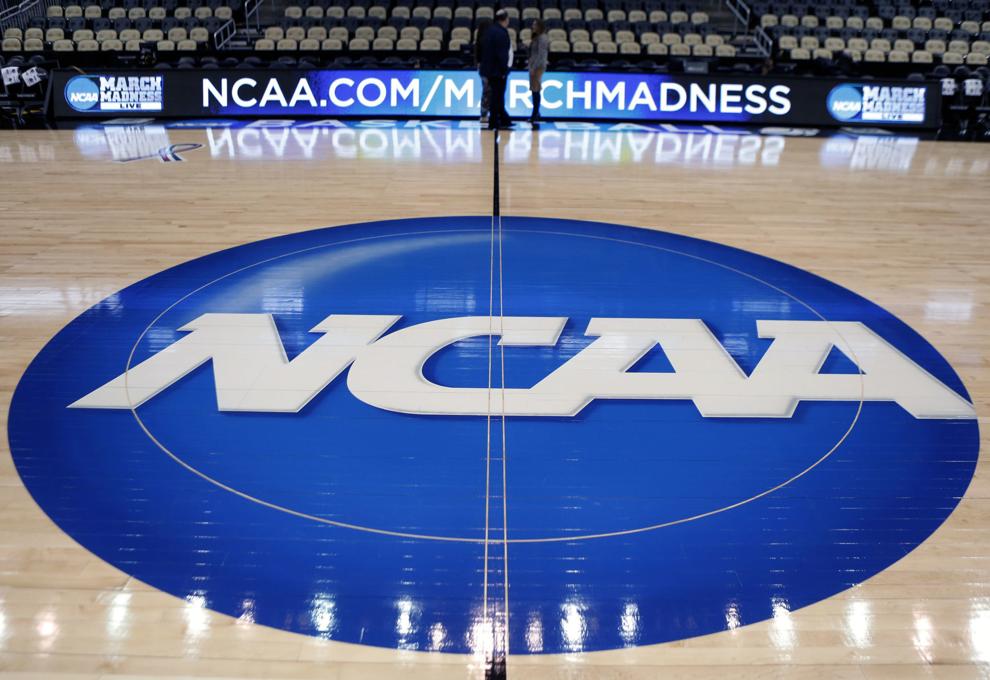
Federal Judge Approves $2.8B Settlement, Paving Way for US Colleges To Pay Athletes MillionsWritten by EDDIE PELLS A federal judge signed off on arguably the biggest change in the history of college sports Friday, clearing the way for schools to begin paying their athletes millions as soon as next month as the multibillion-dollar industry shreds the last vestiges of the amateur model that defined it for more than […]
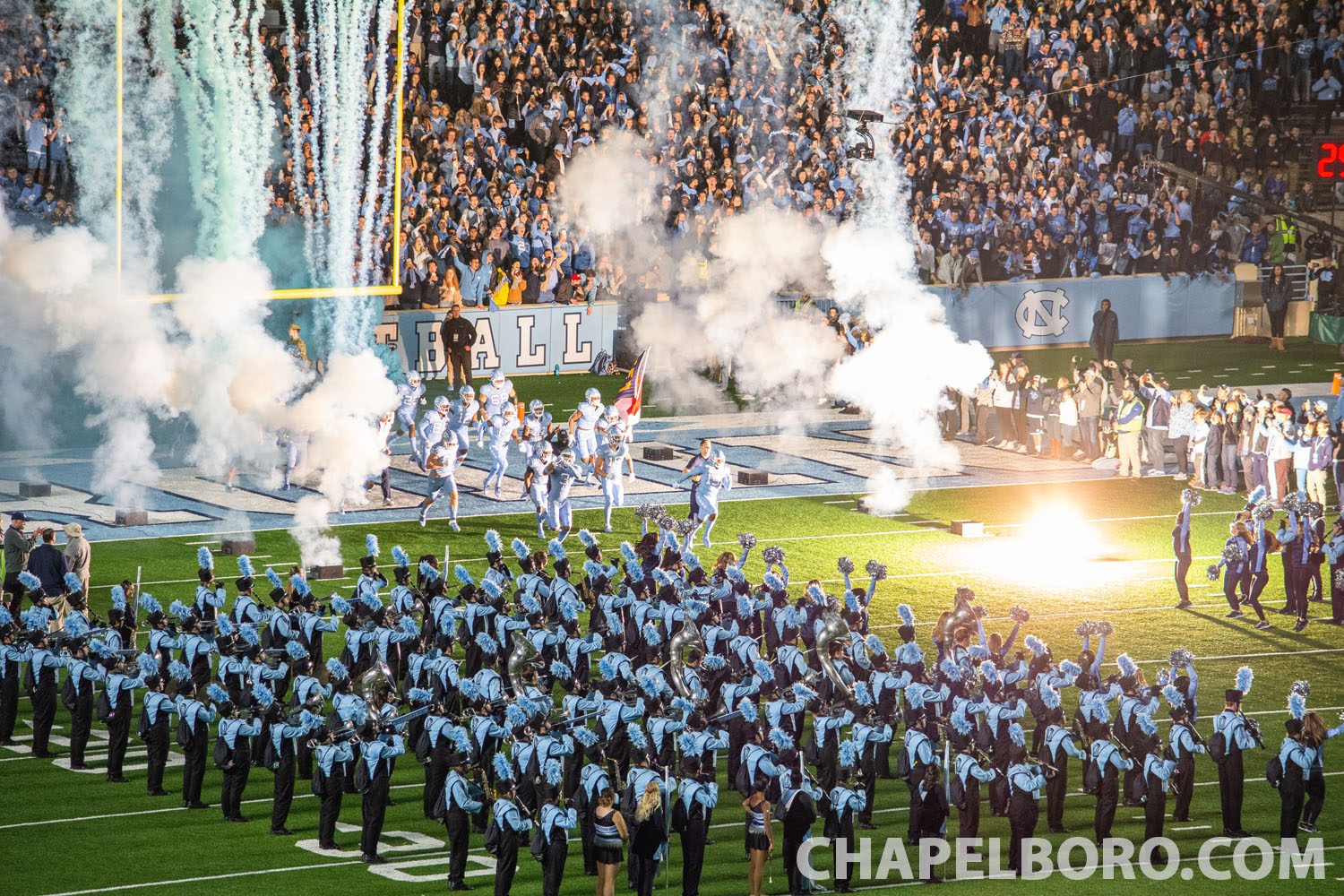
Art’s Angle: NIL HypocrisiesCarolina’s annual athletic budget exceeds $100 million. It is zero-based because UNC takes in as much as it spends on full scholarships, coaching salaries, recruiting expenses, operations and facilities, etc. The revenues come from Rams Club donations, tickets sales, lucrative TV payouts and rights fees from Learfield/IMG, which sells sponsorships to local companies and major […]
![]()
Ball in Their Court: Justices Take on NCAA RestrictionsWritten by JESSICA GRESKO The NCAA and former college athletes are getting ready to play ball at the Supreme Court. With the March Madness basketball tournament ongoing, the high court will hear arguments Wednesday in a case about how colleges can reward athletes who play Division I basketball and football. The NCAA says if the former college students […]
![]()
AP Exclusive: NCAA, 2 Conferences Spend $750,000 on LobbyingAs Congress considers whether to allow college athletes to receive endorsement money, the NCAA and its allies spent at least $750,000 last year lobbying lawmakers to shape any reforms to the organization’s liking. The NCAA last fall said it would allow athletes to “benefit from the use of their name, image and likeness” and is crafting rules […]
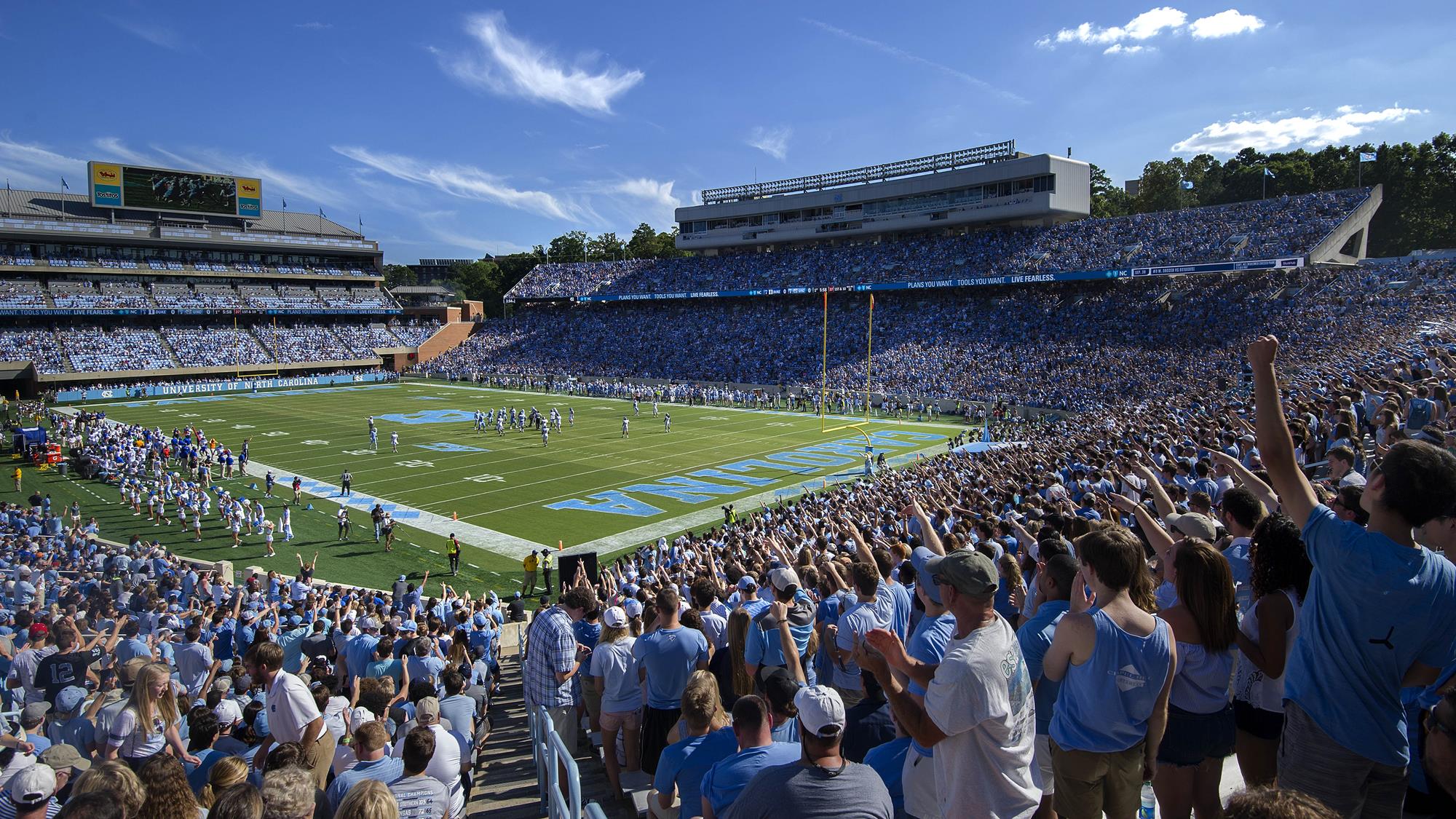
Chansky's Notebook: Unanswered QuestionsThe House settlement is clearly a football deal. But what happens to every other sport at UNC that depends on it?
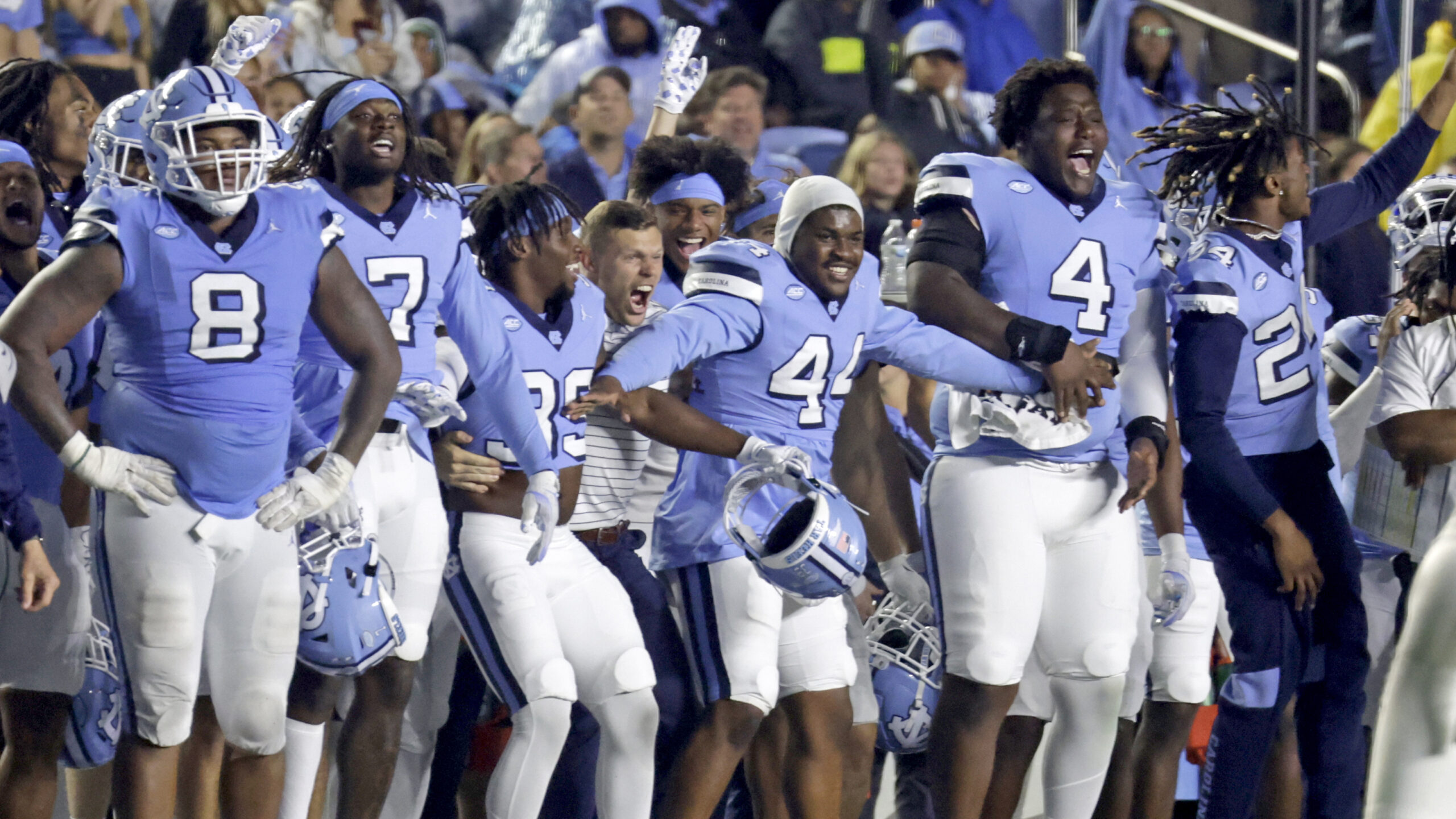
Multiple UNC Athletics Programs Post Perfect Academic Progress Rates; Football Sets New HighTwelve different UNC athletic programs achieved a perfect Academic Progress Rate of 1,000 during the 2022-23 school year and 20 exceeded the national average of their respective sports in their four-year rates, according to a release from the athletic department. A highlight of the latest report is the football program, which achieved a record four-year […]
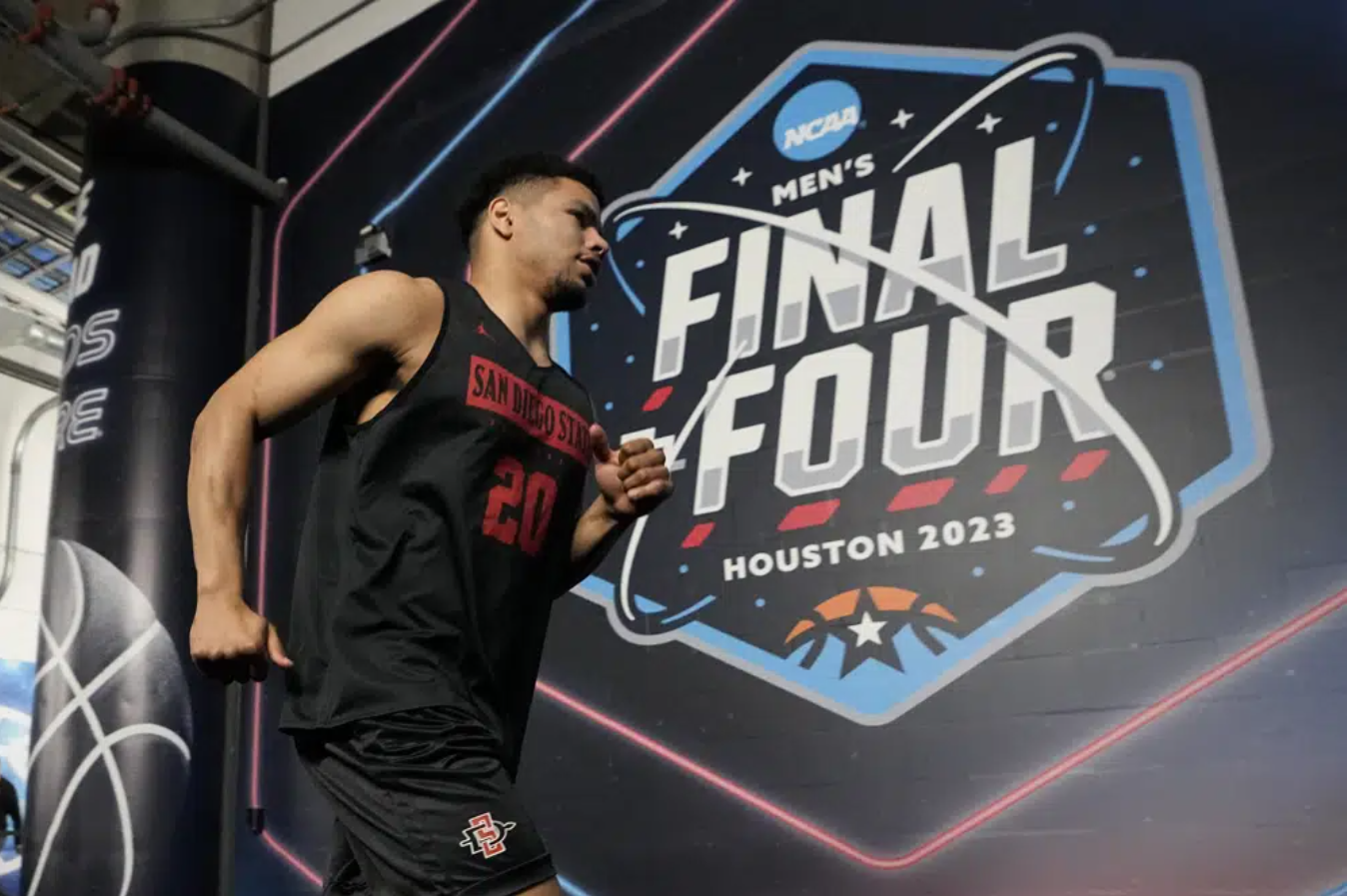
Chansky's Notebook: Not Even CloseWhenever, and if ever, the NCAA's multi-billion-dollar settlement with college athletes happens, it won’t be in the foreseeable future.
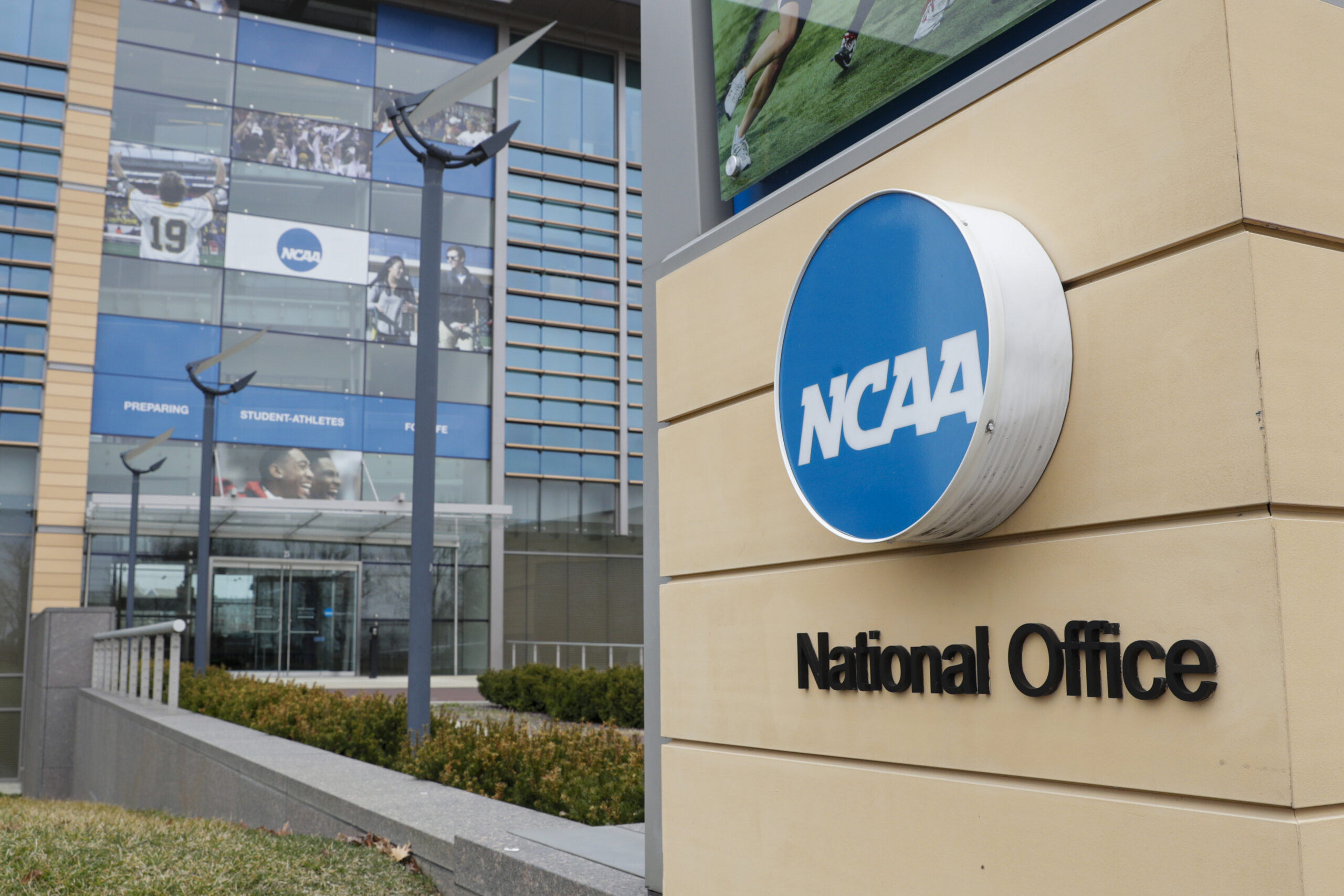
NCAA, Leagues Back $2.8 Billion Settlement, Setting Stage for Current, Former Athletes to Be PaidThe NCAA agreed to pay nearly $2.8 billion to settle a host of antitrust claims, likely setting up a revenue-sharing model in college sports.

Chansky's Notebook: Big LosersIn the House v. NCAA court case, the NCAA luxury liner is about to get shattered, and everyone on board will lose something.
›








